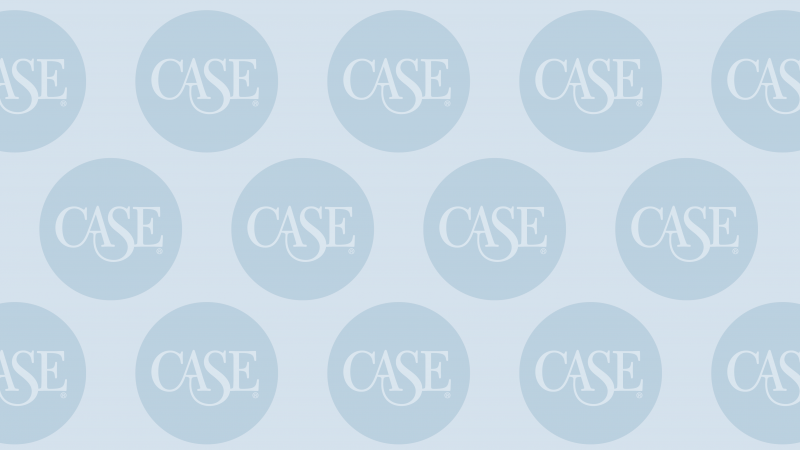Endowments
Endowments are:
- charitable funds that offer a source of stability for schools, colleges, and universities.
- critical to the financial health of institutions.
- essential to support institutions as they work to offer high-quality, affordable, accessible education.
- Not a single fund, but a compilation of funds given by many donors over time, for specific purposes that cannot always be changed after the gift is made.
Educational institutions receive returns on their endowment investments each year. Those returns are generally spent at an approximate rate of 4.5% each fiscal year to meet current teaching, learning, and operational needs; any remaining investment returns are generally reinvested into the existing endowment.
Learn here about what endowments are and are not, and U.S. policy issues impacting endowments.
Legislation and Policy Issues
Concerned about the rising cost of college and foreign influence on university campuses, U.S. lawmakers have proposed legislation on endowment spending and investment. Additionally, faced with rising debts and deficits, lawmakers have also proposed increases taxes on university endowments to raise revenue.
Background
- In October 2022, Rep. Emanuel Cleaver (D-MO) introduced the Endowment Transparency Act (H.R. 9226), which would require colleges and universities to report information about endowment investments in women- and minority-owned firms.
- In September 2022, Rep. David Joyce (R-OH) introduced the Higher Education Accountability Tax (HEAT) Act (H.R. 8883), which would increase the endowment excise tax from 1.4 percent to 10 percent and increase the number of institutions subject to it.
- In July 2022, Rep. Greg Murphy (R-NC) introduced the Protecting Endowments from Our Adversaries Act (H.R. 8447), which would impose sizable taxes on endowment investments into certain Chinese entities to dissuade universities with large endowments from investing into entities deemed a risk to U.S. national security.
- In September 2021, Rep. Brendan Boyle (D-PA) reintroduced the Higher Education Endowment Tax Reform Act (H.R. 5152), which would phase out the endowment excise tax for colleges that meet student aid requirements.
- In May 2021, Sen. Tom Cotton (R-AR) introduced the Ivory Tower Tax Act (S. 1547), which would impose a 1 percent tax on the fair market value of endowments at private colleges with large endowments to fund vocational and apprenticeship training programs. The measure would also impose a 5 percent minimum payout rate on large endowments, like that imposed on private foundations.
- The Tax Cuts and Jobs Act passed in 2017 and imposed a 1.4 percent excise tax on the net investment income of certain private colleges and universities.
Impact
- Attempts to tax endowments are a tax on generosity.
- These proposed endowment payout requirements impede institutions' ability to effectively manage endowment funds.
- Such misguided tax policies will result in fewer funds for scholarships, research, and academic programs.
- Instead of bringing down college costs, this tax does the opposite. College and university endowment funds are an important source of revenue which support student financial aid, teaching, research, and public service missions. The 2017 Tax Cuts and Jobs Act redirected charitable funds away from these purposes and discourages donor generosity.
- As such, CASE supports a repeal of the 1.4 percent endowment tax and opposes any new tax on endowed funds.
Resources for Lawmakers & Government Relations Professionals
- Higher Education Endowment Tax Reform Act (H.R. 5152)
- Tax Policy Center’s Briefing Book: What is the tax treatment of college and university endowments?
- 2022 NACUBO-TIAA Study of Endowments
- Endowment Tax on Wealthiest Universities Netted a Fraction of Predictions in 2021
- Final Endowment Tax Regulations Adopt Reasonable Approach, NACUBO, Sept. 2020
- CASE One-Pager and Talking Points on Endowments
- Debunking 5 Myths about Endowments
- Endowments: Where Does the Money Go?
- Facts About College and University Endowments
- College and University Endowments: Overview and Tax Policy Options
- Understanding College and University Endowments
Resources for Higher Education Professionals
- CASE Library Sample Collection: Endowment Management
- CASE Library Subject Guide: Endowment Management
- "Endowments Are Forever," Currents, Oct. 2016
Back to U.S. Advocacy & Policy Resources

